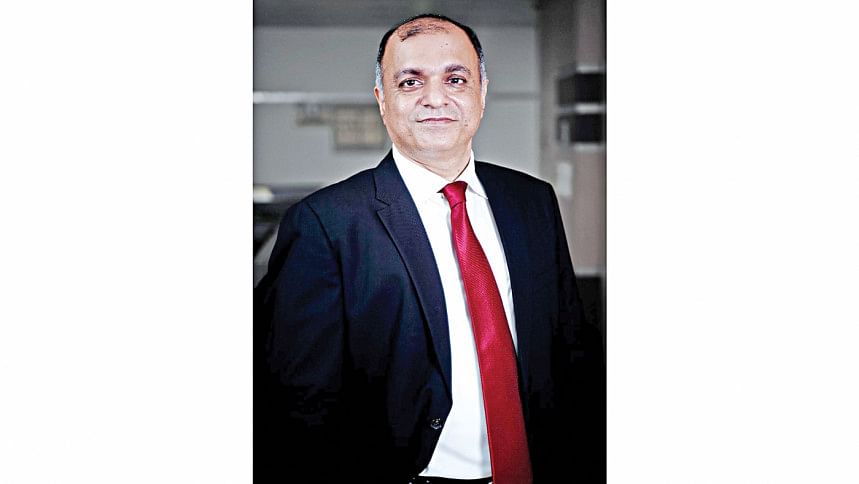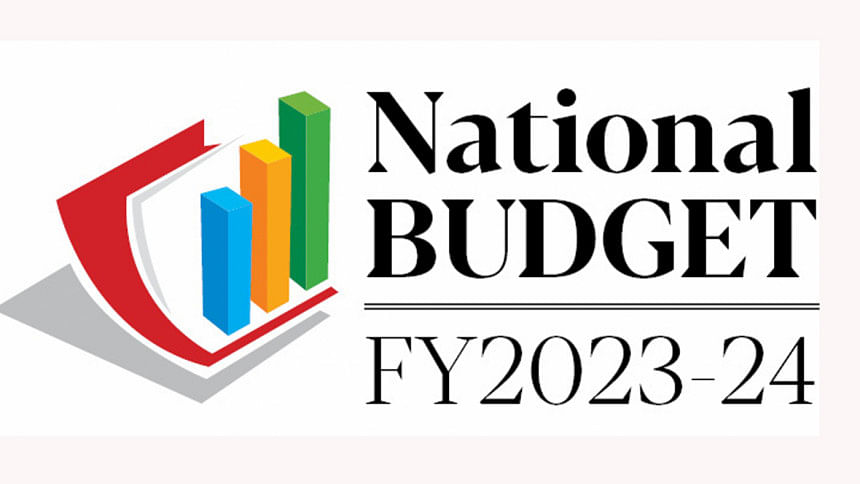‘Corporate tax cut of FY23 was good, but conditions didn’t help’

The reduction of tax payable by companies by 2.5 percentage points at the beginning of this fiscal year of 2022-23 was a good move but a precondition on limiting cash transactions has not helped businesses reap the benefit.
"It did not help the business community," said Aameir Alihussain, managing director of Bangladesh Steel Re-Rolling Mills Ltd, commonly known as BSRM.
The top official of one of the largest steel mills in Bangladesh shared the view in an interview with The Daily Star on the impact of tax measures taken by the National Board of Revenue (NBR) on businesses.
The 2.5 percentage points cut offered by the tax authority brought down the applicable corporate tax rate for companies listed on the stock market to 20 per cent and for non-listed companies to 27.5 per cent.
But the precondition was that non-listed companies had to use banking channels to receive all revenues and receipts, conduct all single transactions exceeding Tk 5 lakh, and execute expenses and investments worth over Tk 36 lakh annually.
In case of failure to do so, companies will have to pay a 30 per cent tax on their profits.

"It was not practical to limit cash transactions to Tk 36 lakh," Alihussain said.
An increase in value added tax (VAT) on mild steel products and high tax deduction on suppliers' bills increased the cost of doing business, he said.
However, the NBR's decision to simplify the central VAT registration process for manufacturing companies was favourable for reducing tax burdens, saved time and brought ease to the process of doing business, he said.
Besides, the tax authority's decision to increase limits of perquisites reduced companies' tax burden, he added.
As the government is set to unveil tax measures for fiscal year 2023-24, Alihussain urged the tax authority to reduce minimum tax.
He also demanded formulation of a policy to determine prices of imported goods to assess customs duties. "This can be done through coordination between local and international customs organisations," he said.
The BSRM chief wanted a reduction in the import duty on all types of raw materials, including scrap metal.
"As utility expenses has increased and the dollar becomes costly, the manufacturing cost for steel products is increasing. Hence, VAT on per tonne of rod should be reduced," he said.
"Uninterrupted electricity and supply of gas, assurance of allowing opening letters of credit for importing raw materials and a stable exchange rate of the US dollar against the taka need to be ensured," he said.
Alihussain also urged the tax administration to expand the tax network across the country.
"In a country like Bangladesh, where few people pay income tax, the theory of imposing higher taxes on the rich to reduce inequality will not work, rather it will always encourage tax avoidance," he said.
"Overall income tax rates on individual income needs to be reduced to encourage more people to come under the tax net," he said.
Also, the revenue authority should take steps to ensure issuance and use of VAT receipts for all sorts of product and services, he added.

 For all latest news, follow The Daily Star's Google News channel.
For all latest news, follow The Daily Star's Google News channel. 



Comments